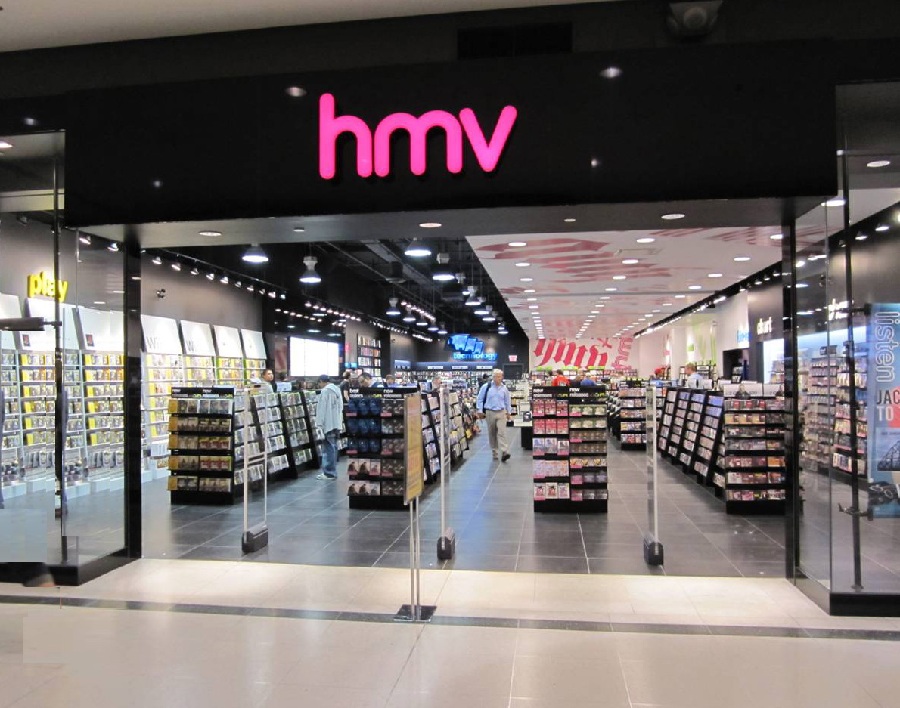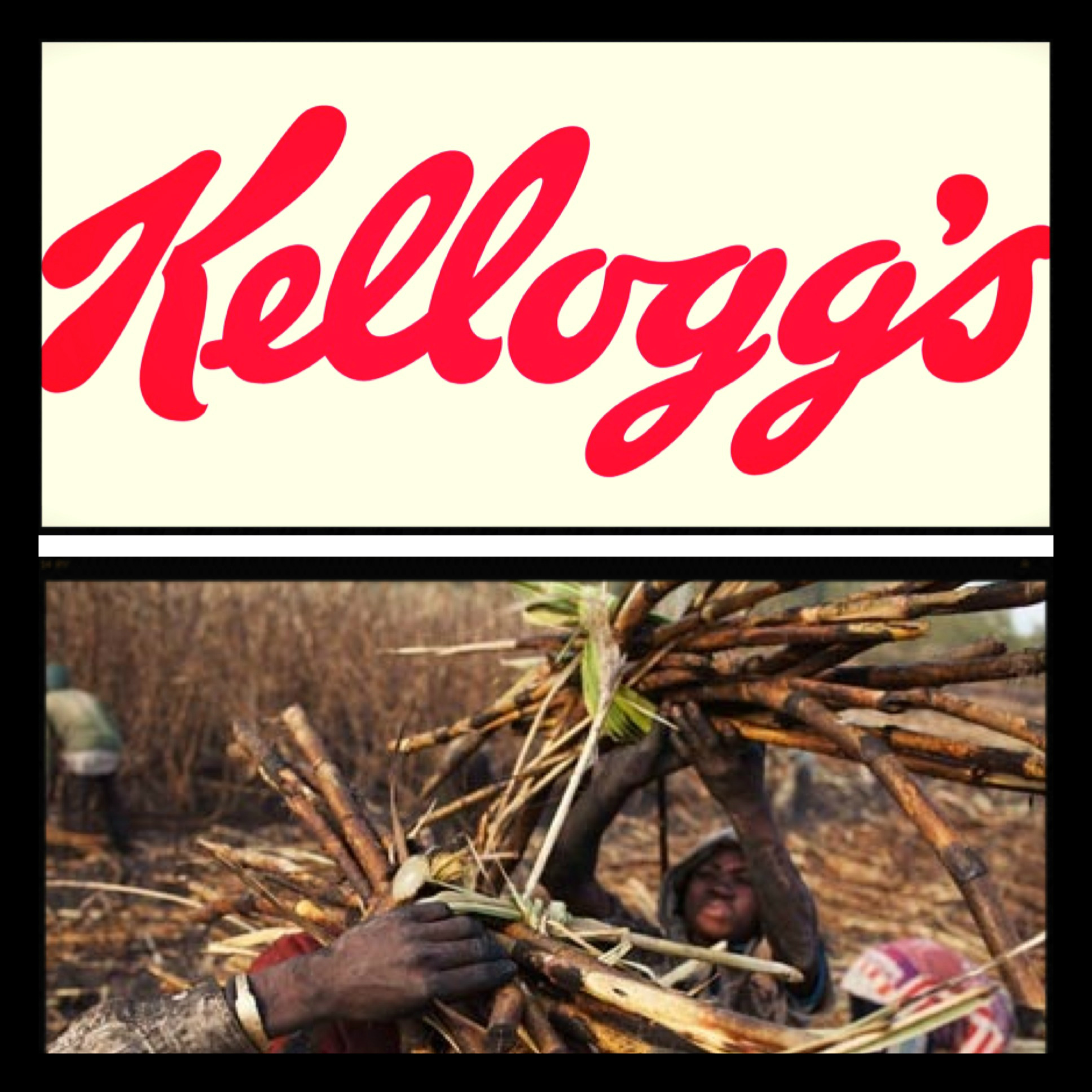This article discusses the how Arc Initiative has helped a failing restaurant in Ethiopia. This is only one of the many cases where Arc Initiative has helped firms and entrepreneurs in Africa. However, a question to reflect on is…
“If the United Nations was fully funded, why would we need the Arc or social enterprise?”

Source: https://media.licdn.com/mpr/mpr/jc/p/1/005/01d/3b0/05deca2.png
The question is a fair one, but the answer is simple. United Nations alone is simply not enough to help everyone in the entire world. Neither can they hire every single person who wants to help. Indeed, if United Nations were fully funded, they could have a huge impact upon the world, but they cannot do everything. Here we can discuss organizational structure.
In order to help everyone, the organizational structure of United Nations would need to be insanely large, and an organization such as this would be impossible to fully control. Therefore, other organizations, big or small, are required so that the chain of leadership will not grow too long, and more tasks can be done in an efficient manner.
There is no point in blaming United Nations for not fulfilling their job, because in this case it is not a matter of funds, but rather the task of managing a large enough organization that can help the entire world, which is, quite frankly, impossible.








